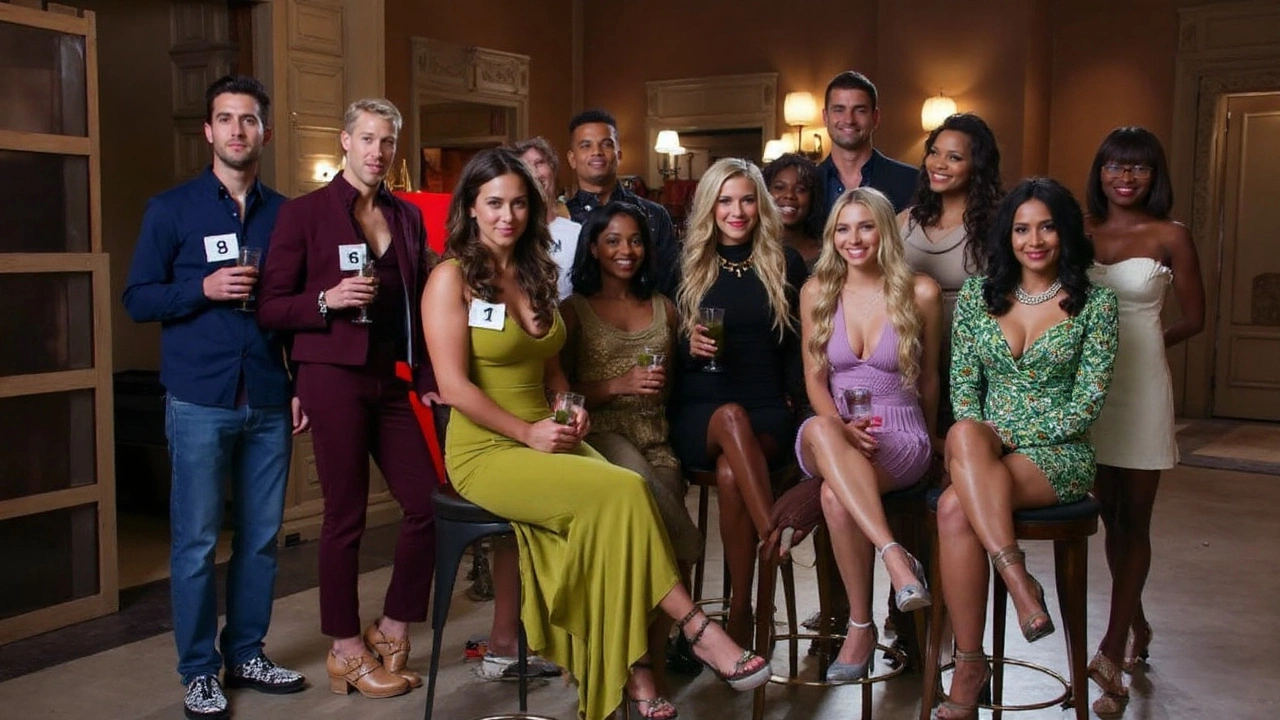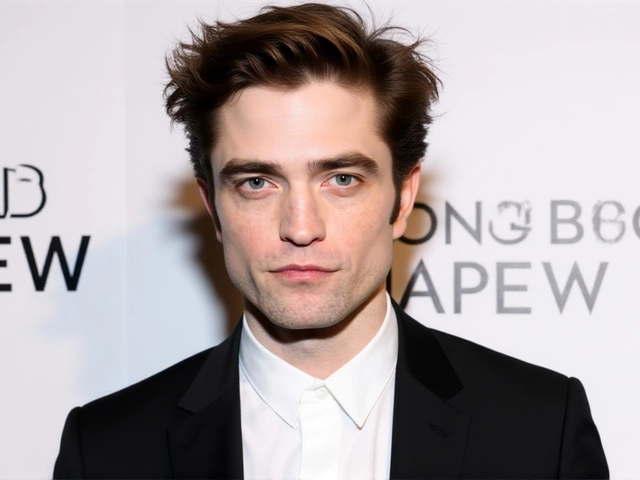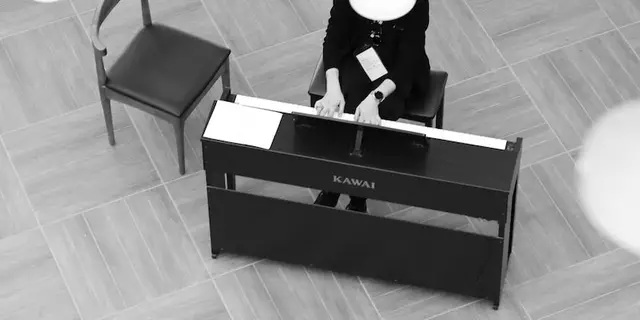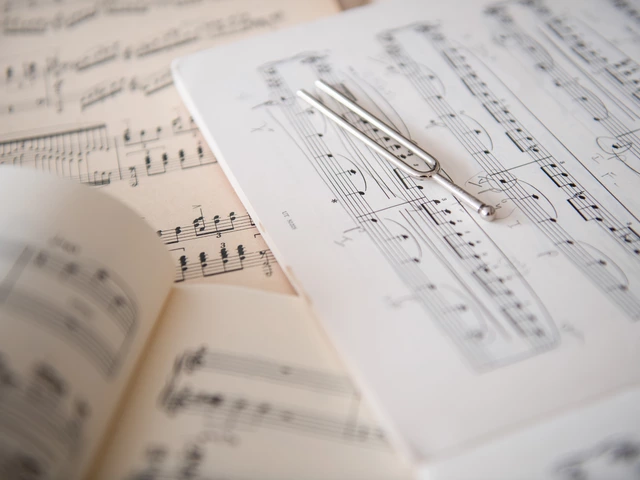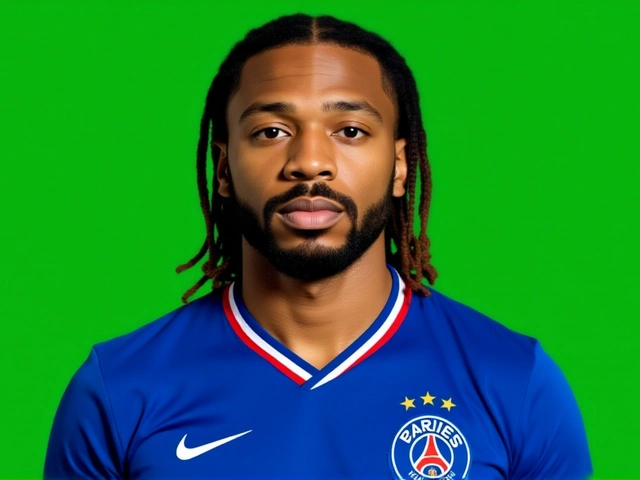A backlash before the credits rolled
Within minutes of its Wednesday night debut, Stranded on Honeymoon Island had triggered the kind of pile-on that tells you a TV show has touched a nerve. The BBC’s new dating format, fronted by Davina McCall, arrived with a simple promise: fast chemistry, big jeopardy, and an island backdrop. What it got instead was a wave of posts questioning whether this is what the licence fee should be paying for.
On X, the tone was blunt. One viewer called the show ‘more woke b******s’ and asked why they were paying a licence fee for it. Another wrote that they’d had enough of ‘c**p reality programmes’, saying the format felt more suited to youth-skewing channels. A third complained it seemed desperate to be a Married at First Sight clone. The message from critics was clear: wrong show, wrong time, wrong broadcaster.
Not everyone hated it. Amid the criticism, there were enthusiastic posts from viewers who wanted the whole series made available at once. Some praised the pace, the heat of the premise, and McCall’s steady hosting presence. But the split was stark. Where supporters saw a glossy new experiment aimed at a streaming-age audience, detractors saw another reality swing at a moment when the BBC is being pushed to show value and range.
The licence fee loomed large in the conversation. That debate never really goes away, but it flares when the BBC leans into reality. The argument from critics is simple: if people are legally required to pay for a TV licence, they expect distinctive programmes they can’t get elsewhere—more drama, more current affairs, more arts; fewer dates on beaches. The counterpoint is just as direct: broad, popular shows keep younger and casual audiences engaged and help fund everything else.
McCall’s involvement is a reminder the BBC isn’t tiptoeing into this space. She has decades in high-stakes unscripted TV—from the Channel 4 Big Brother years to ITV’s family hit Long Lost Family and a recent run of dating formats. She can sell warmth, conflict, and resolution. If a risky reality concept needs a guide people trust, she’s about as bankable as it gets.
What exactly is the format here? The series pairs strangers at speed, asks them to commit to each other before they really know each other, and then isolates them in a stripped-back island environment. No creature comforts, no endless swiping, just two people thrown together to see whether spark can survive stress. That pressure-cooker setup—part romance experiment, part endurance test—sits in the wider trend that made Married at First Sight such a phenomenon.
As for the episode itself, the early beats were all about shock decisions and awkward first contact. The show leaned into the cliff-edge choices and the social awkwardness that fuels modern dating TV. It’s designed to be talked about the moment it airs. On that front, mission accomplished. But volume isn’t the same as approval, and last night’s volume tilted heavily toward scepticism.
- ‘This is what my licence fee is for?’
- ‘Feels like a MAFS knock-off.’
- ‘Too much reality fluff for a midweek slot.’
- ‘BBC chasing trend points rather than public service.’
Those were the common refrains. You could also see a familiar culture-war undertone in posts dismissing the show as ‘woke’—a catch-all swipe that increasingly gets aimed at BBC content whether or not it fits. The larger grievance, though, was about editorial priorities: should the BBC be commissioning date-and-drama formats when it faces budget pressures and political scrutiny?
There’s some context worth keeping in mind. The BBC’s unscripted strategy isn’t a one-off. In recent years, the broadcaster has doubled down on eye-catching reality and competition formats—think The Traitors—while also backing inclusive dating shows on BBC Three such as I Kissed a Boy and I Kissed a Girl. Part of the logic: young viewers are hard to reach with traditional schedules, and iPlayer thrives on buzzy titles that trend the night they land.
Reality also stretches budgets. Dating formats are cheaper than scripted drama, deliver reliable social chatter, and can be turned around fast. That’s not small stuff when the BBC is juggling rising costs and a funding model locked to a politically contentious licence fee. After a multi-year freeze, the fee rose again in 2024, and ministers have signalled that the whole system will be reviewed before the next Charter period. Every big, populist commission gets judged against that backdrop.
McCall’s presence brings an extra lens. She’s become a go-to face for shows that try to find a softer centre inside hard-edged formats—more empathy, less sneer. Her ITV dating series for midlife singles showed there’s appetite for romance without the usual reality tricks. On last night’s evidence, the new BBC show still wants the fireworks: looming storms, tough conditions, and the fast-track intimacy that either bonds people or blows them apart.
It’s also worth saying: social media isn’t the whole story. The loudest posts often arrive first, and that can make a show look dead on arrival when a quieter majority is just watching or catching up on demand. Ratings and completion on iPlayer matter more than trending insults. Even so, the specific flavour of the backlash—licence fee anger, accusations of copycatting, concerns about public service priorities—will worry BBC commissioners more than the usual ‘this is boring’ chatter.
For supporters, the selling points are obvious. The premise is clean. The stakes are high from the start. You don’t need hours of backstory to understand who’s with whom, what they’ve risked, and why the next decision matters. And with McCall steering, the show has a shot at keeping the tone human when tensions naturally spike.
For critics, the problems look baked in. They see familiar reality beats they could find on commercial channels, a format that leans on instant coupling and conflict, and limited evidence—at least from episode one—that the BBC has added a public-service twist. If the show doesn’t quickly prove it’s more than a copy of existing hits, the licence fee argument will only grow louder.
Underneath all this is a broader programming puzzle. The BBC is expected to be the national campfire and the risk-taking innovator, the home of big Sunday dramas and the laboratory for new voices. It’s hard to be all of that without occasionally commissioning shows that rile a chunk of the audience. The bet—especially with reality—is that the viewers who love the format will stick around long enough to make the noise worth it.
A few practical questions now hang over the series. Will the edit lean more toward genuine connection or engineered bust-ups? Will the island conditions lead to resilience stories or meltdown arcs? And will episode two pivot away from the launch-night shock tactics toward something that feels more distinct from the pack? Those choices will determine whether sceptical viewers give it another hour.
There’s also the Davina factor. She tends to win over people who arrive wary. If she can help the couples tell more of themselves—and if the show gives them room to breathe—the tone could shift from pure spectacle to a watchable human experiment. That’s where the BBC can claim a difference: empathy over humiliation, curiosity over chaos.
For now, the broadcaster has a hot potato on its hands: a new reality title that’s generating attention for the wrong reasons and rekindling a fight about how a publicly funded institution should spend its money. Fans of high-drama dating TV have something shiny to binge. Everyone else has a fresh example for an old argument. The next few episodes will decide which side gets louder.
